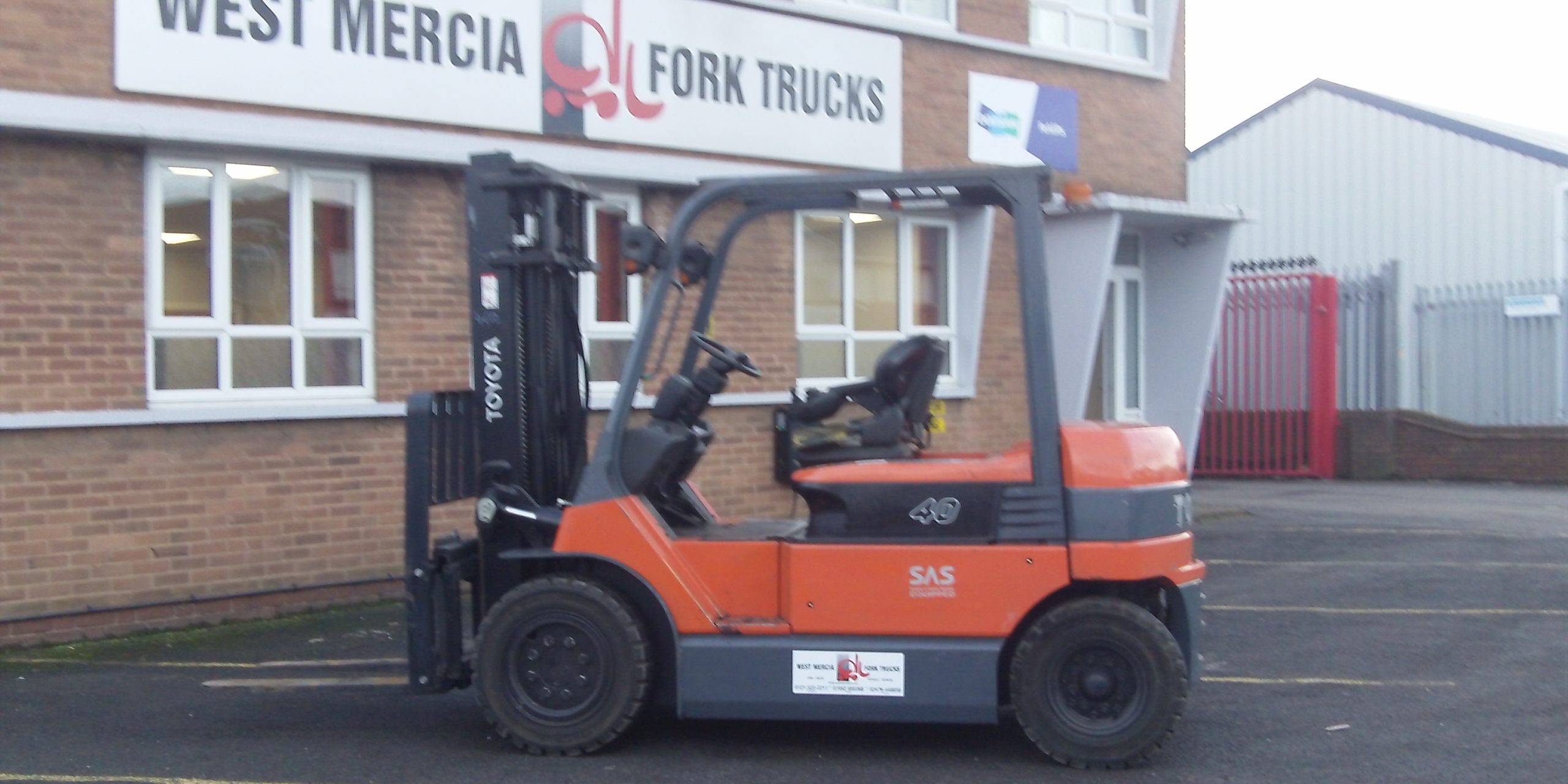If the pandemic has taught us anything, it is that pivoting our businesses when we need to is key. Adaptability, efficiency, and cost-effectiveness are key elements that determine a company’s success. Among the many tools that aid in achieving these objectives, forklifts stand out as indispensable assets in various industries, from manufacturing to warehousing. However, the decision of whether to opt for short or long-term forklift hire can significantly impact business planning and operations throughout the year.
Short-Term Forklift Hire: Flexibility in Fluctuating Demands
Short-term forklift hire offers businesses a high degree of flexibility, especially when facing uncertain demand patterns or seasonal fluctuations. Whether it’s a sudden surge in orders during peak seasons or the need to handle a short-term project, such as a warehouse relocation or inventory management overhaul, short-term hire provides the agility required to meet these demands without committing to long-term contracts.
Advantages:
1. Cost Control: Opting for short-term hire allows businesses to avoid the significant upfront costs associated with purchasing a forklift outright or committing to long-term lease agreements. Instead, they pay only for the duration the forklift is needed, helping to manage cash flow effectively.
2. Adaptability: Business needs can change rapidly, and short-term hire offers the flexibility to scale up or down according to demand. This agility is particularly valuable in industries with seasonal fluctuations or unpredictable market conditions.
3. Maintenance Included: Short-term hire often includes maintenance and servicing as part of the package, relieving businesses of the burden of upkeep and repair costs.
4. Access to Latest Technology: With short-term hire, businesses can access the latest forklift models and technologies without the long-term commitment. This ensures they can benefit from advancements in efficiency, safety, and productivity.
Long-Term Forklift Hire: Stability and Strategic Planning
While short-term hire offers flexibility, long-term hire provides stability and strategic planning advantages, particularly for businesses with consistent, year-round forklift requirements.
Advantages:
1. Predictable Costs: Long-term hire agreements typically come with fixed monthly payments, allowing for better budgeting and cost predictability over an extended period. This stability can be advantageous for businesses seeking to minimize financial fluctuations.
2. Operational Efficiency: By securing forklifts on a long-term basis, businesses can streamline operations and minimize downtime associated with sourcing equipment when needed. This continuity enhances overall efficiency and productivity.
3. Customization Options: Long-term hire agreements often offer customization options tailored to specific business needs, such as maintenance schedules, equipment upgrades, and additional services. This personalized approach enables businesses to optimize their forklift fleet according to their unique requirements.
4. Resource Allocation: Committing to long-term hire allows businesses to allocate resources more effectively, focusing on core operations rather than managing fleet logistics. This can lead to enhanced strategic planning and resource optimization.
Strategic Utilization of Both Short and Long-Term Hire
Incorporating both short and long-term forklift hire into business planning strategies can yield optimal results. By leveraging short-term hire for flexibility during peak periods or special projects and complementing it with long-term agreements for stable, day-to-day operations, businesses can strike a balance between agility and stability.
Whatever you are planning for this year, we think that considering short or long-term hire is a great way to get you there. With so many benefits, and true flexibilty, we find a lot of our customers have started with us for hire, and consider hire alongside buying addtional forklifts for their fleets. Call in today and have a chat to find out more about how we can help you with this.







